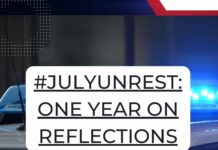Last week the Constitutional Court ruled in favour of the South African Police Service (SAPS) in the case concerning Renate Barnard, a white police officer who was denied a promotion because she did “not meet the requirements of representivityâ€.
In his ruling, Justice Johan Van der Westhuizen quoted former American president John F. Kennedy, saying: “It is the fate of this generation … to live with a struggle we did not start, in a world we did not make.â€
Many young South Africans today are grappling with unemployment and the inherited disadvantages of the past. RA’EESA PATHER asked young people in Cape Town how they define privilege in present-day South Africa, and whether affirmative action inspires hope.
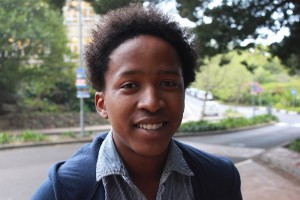
Privilege is being born into something, having certain predetermined advantages in life that you don’t really get for yourself, it was given to you. The past will always have an effect on how things go in the future. I don’t think it’s always fair; sometimes the past influences certain people in one way and other people get the short end of the stick. Affirmative action has the potential to be effective, but I don’t think it’s been too effective yet. I don’t know which politician made this statement, but it was a very nice statement: he called us an “Irish coffee societyâ€, where it’s black on the bottom, white on top, with a few chocolate sprinkles.
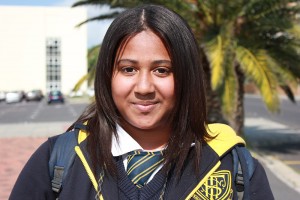
I think privilege is when people have money and a lot of things going for them. I think we need to know about the past so we can move forward, but not rely on apartheid for things that we don’t have, especially those who are disadvantaged. It’s not just white people in today’s time that are privileged, it’s not bound to race. I think it’s good that affirmative action was implemented, some of us are disadvantaged and we need opportunities to be successful, so I think it’s good, but I don’t think we should rely on it all the time.
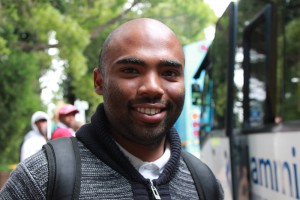
Privilege means having access to equal opportunity. I come from an affluent background, so I might not feel the plight of the less fortunate in that way, nor do I feel the maximum privileges of the former white regime. I’m basically stuck in between. Affirmative action hasn’t been effective at all. It has its pros and its cons; some people will benefit greatly and others not. I feel that it’s just one-sided in terms of BEE and not actual affirmative action. I’m not an expert in the field, but according to what I’ve observed it’s probably that black people are benefiting more than coloured or Indian people.
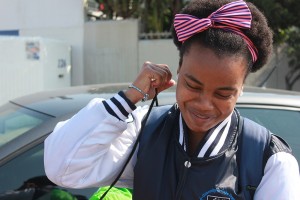
I understand privilege as an opportunity that’s out of your means, that you can’t afford. I don’t think kids should be involved in the past, because they were not there when this apartheid thing happened. We shouldn’t base privileges on what has happened in the past, what’s happened has happened, it won’t change. The most important thing we can work on now is equality, where everyone gets a privilege regardless of their race. I think BEE is there to bring balance, because there still is an imbalance with regards to race when in it comes to employment. At the same time it’s not fair because there are people out there who are not black and who need work. So I think there is an upside and a downside.
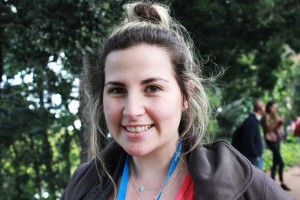
Privilege is the opportunity to do things that probably come at a cost. So going to middle class schools, living in elaborate areas such as Constantia, and the stigmas that are attached to that. I will look at a certain school symbol and immediately attach privilege to that student without knowing who they are. I think after 20 years of democracy it should come to an end soon so that I as a white person don’t feel like I don’t have any opportunities in the future. A lot of white people tend to emmigrate because of affirmative action and because our opportunities in life have been taken away. I do understand that they were trying to balance out the previously disadvantaged, but as a 20-year-old I don’t feel positive about my future.
* Vox pops have been edited for brevity and clarity.

![Tsholo Phaho [resized]](https://www.thedailyvox.co.za/wp-content/uploads/2014/09/Tsholo-Phaho-resized.jpg)


